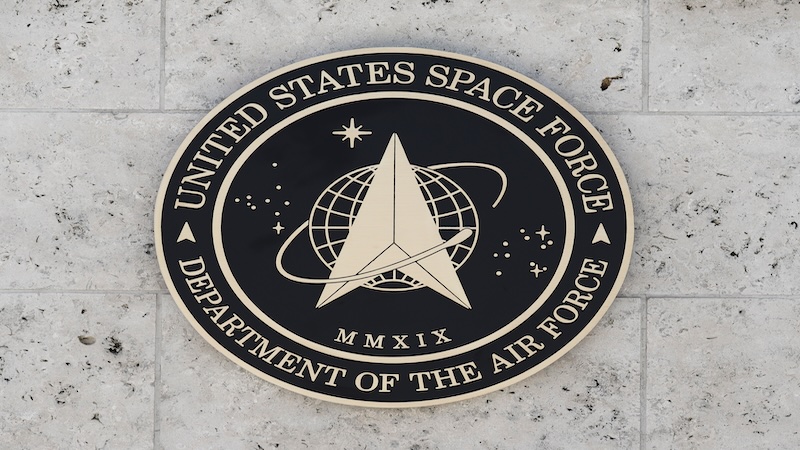
House appropriators are directing Secretary of Defense Pete Hegseth to launch a U.S. Space Force pilot program aimed at reorganizing acquisition efforts by “mission areas” and extending the tenure of program managers – marking a major push to improve the delivery of space capabilities on time and within budget.
The pilot effort is included House Appropriations Committee’s newly passed version of the fiscal year (FY) 2026 defense budget.
The Department of Defense (DoD) continues to wrestle with costly delays and capability gaps in its acquisition programs and lawmakers are zeroing in on what they see as a systemic issue: program managers in the military are routinely rotated out of their posts too quickly, undermining their ability to develop the deep technical knowledge needed for complex projects like space systems.
Committee Chair Rep. Tom Cole, R-Okla., emphasized that reform is urgently needed – especially for the Space Force.
“Program manager technical competency is more critical than ever as defense systems and weapons platforms are more technologically complex than ever, such as with space systems,” he said at a House Appropriations hearing on June 12.
The pilot would allow program managers to remain in their roles for significantly longer than the current average of three years. The goal is to give personnel sufficient time to develop the Space Force technical and managerial acumen necessary to steer programs to success.
Additionally, lawmakers criticized the Pentagon for ignoring long-standing requirements that program managers stay in their roles for a set period, and instead rotate them to boost their chances for promotion. Lawmakers argued that promotions should be based on merit and performance, not career maneuvering.
The pilot calls for a fundamental overhaul of how Space Force Guardians are ranked and assigned. The committee recommends exploring a streamlined system that merges officer and enlisted ranks, eliminates current occupational specialties, and instead organizes assignments by mission areas – such as missile warning or satellite communications – to cultivate deep expertise across each domain.
With the Pentagon yet to release its formal FY26 budget request, House appropriators are pressing forward with their own vision for the defense budget. The bill, approved by a 36-27 vote, includes $831.5 billion in discretionary defense spending – in line with the FY25 continuing resolution and the White House’s FY26 request – though further increases are expected from the forthcoming reconciliation bill passed by the House and being worked on in the Senate.
